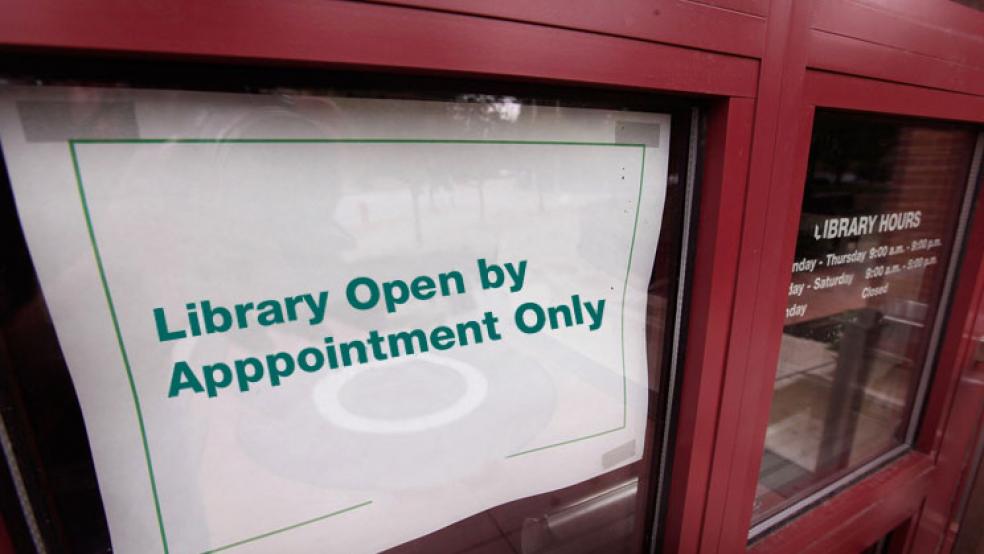Many U.S. cities are experiencing a revenue crunch due to the coronavirus pandemic, forcing sharp budget cuts that will stretch into next year, according to a new analysis that will appear in the National Tax Journal.
Cities that rely heavily on tourism (i.e., New Orleans) or assistance from state governments (i.e., Rochester, New York) will be particularly hard hit, the study found, with budget cuts of up to 20% in the next fiscal year relative to pre-pandemic spending levels.
And contrary to charges made by President Trump that cities are suffering because they were badly run by Democrats, the drop in revenues is very much a bipartisan affair, with some of the worst-hit cities located in both Democratic-controlled New York and Republican-dominated Florida.
“The Great Recession was a story of long, drawn-out fiscal pain — this is sharper,” said economist Howard Chernick, one of the study’s authors.
City leaders make the case for a fiscal lifeline. Reporting on the analysis Monday, Emily Badger and Quoctrung Bui of The New York Times said that if Congress is unable to make a deal to aid cities – an issue that has divided Democrats and Republicans so far – the budget cuts will be “enough for residents to experience short-staffed libraries, strained parks departments and fewer road projects.”
Mayor Lovely Warren of Rochester, New York, explained to the Times why her city needs federal assistance:
“We can’t produce money, we can’t borrow our way out of this, we can’t tax our way out of this. But our residents expect that the trash will be picked up on trash day. They expect that the snow will be plowed when it snows. They expect that when they call 911 that a police officer will show up. For Washington to ignore that reality — it hurts.”
Dave Massaron, the chief financial officer for Detroit, argued that dealing with the fallout from an international pandemic is beyond the ability of individual cities. “This is really what the federal government was built to do: to handle these events that are bigger than the borders of a city and bigger than the borders of a state,” he said.




